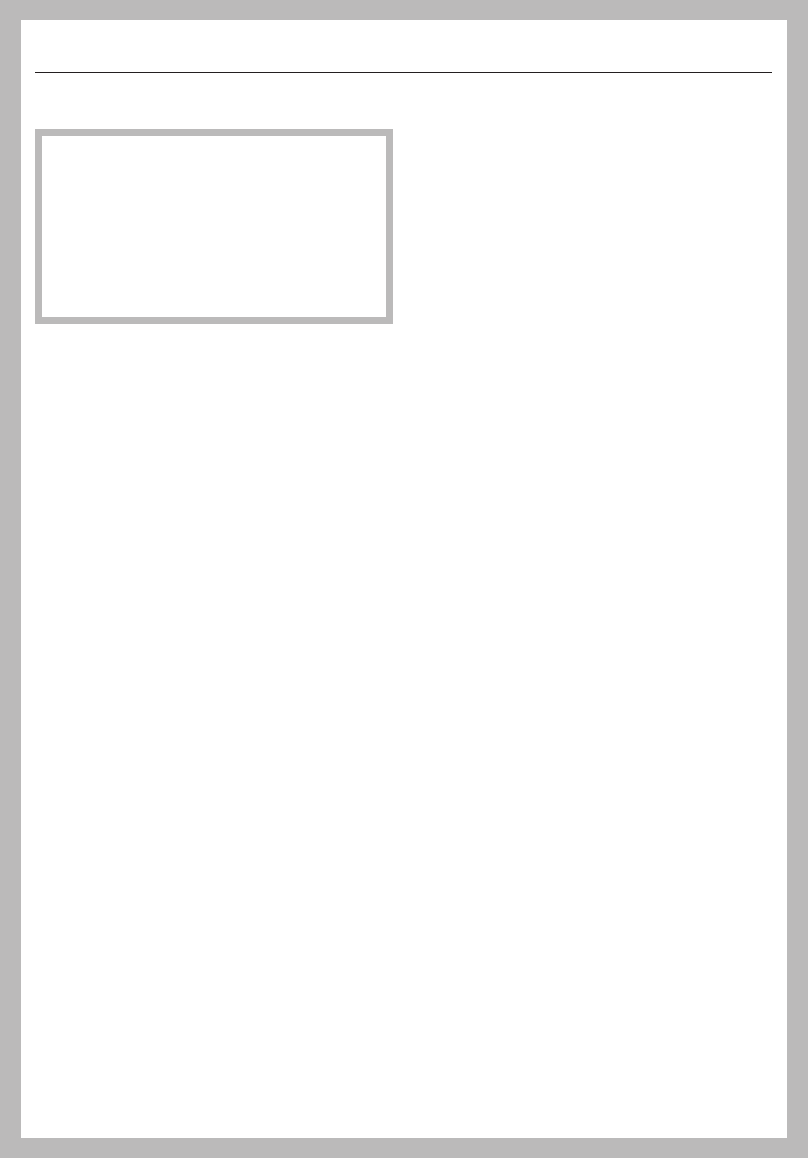
Installation
This appliance is top-heavy and
must be secured to prevent the
possibility of tipping forward.
Keep the door closed until the
appliance is completely installed
and secured per installation
instructions.
~
Before installing the appliance,
check for externally visible damage.
Do not operate a damaged appliance.
~
This appliance must be installed
and connected in compliance with the
installation instructions.
~
The appliance must be properly
installed before operation to ensure that
no electrical components are
accessible.
~
Installation work and repairs should
only be performed by a trained
technician in accordance with national
and local safety regulations. Repairs
and other work by unqualified persons
could be dangerous.
~
Installation must comply with local
plumbing regulations and state laws.
~
Connection to the water supply and
any repairs to the ice maker must only
be carried out by a suitably qualified
person.
~
Before making plumbing
connections, ensure the appliance is
disconnected from the mains electricity
supply.
~
Do not operate any appliance with a
damaged cord or plug, or if the
appliance has been damaged in any
manner. Contact Miele’s Technical Ser
-
vice Department.
~
This equipment is not designed for
maritime use or for use in mobile
installations such as recreational
vehicles or aircraft.
~
Do not install the freezer in a room
with too low an ambient temperature,
e.g., a garage, as this may lead to the
appliance switching off for longer
periods so that it cannot maintain the
required temperature.
~
In appliances with an automatic ice
maker, avoid contact with the moving
parts of the ejector mechanism, or with
the heating element located on the
bottom of the ice maker. Do not place
fingers or hands on the automatic ice
making mechanism while the freezer is
plugged in.
~
The ice cube maker is not suitable
for connection to a hot water supply.
~
Do not use water that is
microbiologically or chemically unsafe
or of unknown quality without adequate
disinfection or other treatment before or
after the filter is used; the filter alone is
not an adequate safeguard.
IMPORTANT SAFETY INSTRUCTIONS
5


















